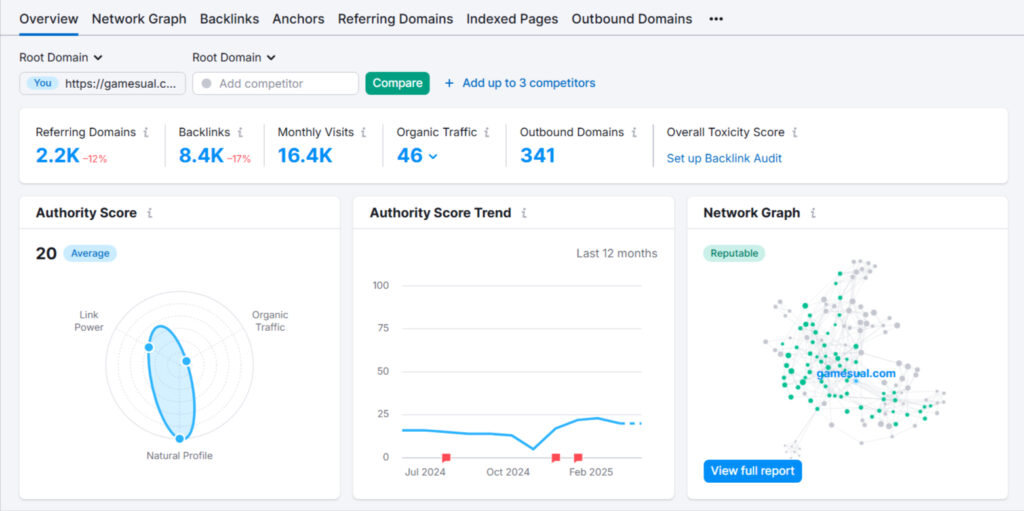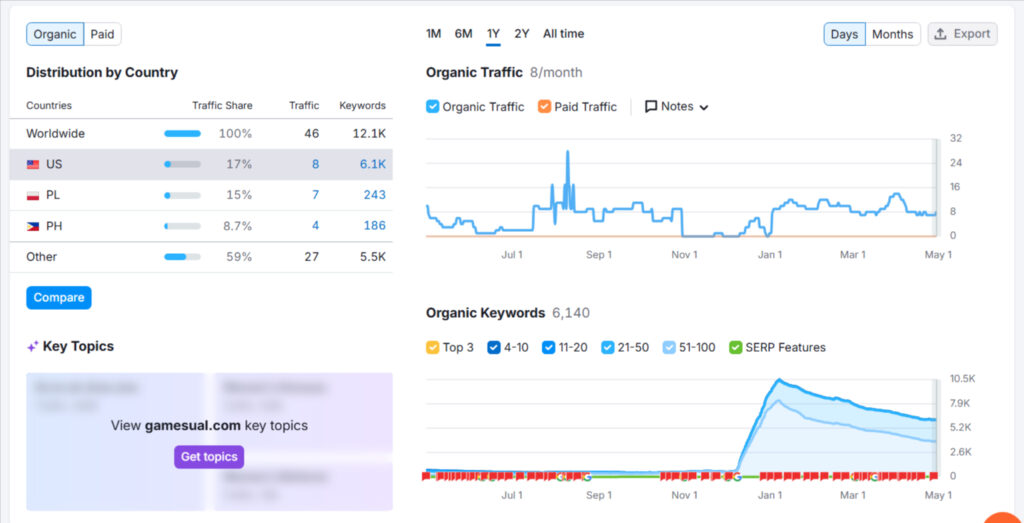Quality content has become the cornerstone of successful SEO strategies in today’s digital landscape. As search engines continuously refine their algorithms, they’ve become increasingly adept at recognizing and rewarding valuable content that genuinely serves user needs. Let me break down the impact of quality content on SEO rankings and why it deserves your focused attention.
Search engines like Google have evolved beyond simply counting keywords. Today, they evaluate content based on experience, expertise, authoritativeness, and trustworthiness (E-E-A-T). Quality content demonstrates subject matter expertise, provides accurate information from credible sources, and builds trust with readers. When creating content, focus on depth rather than just length. Comprehensive articles that thoroughly address user questions perform better than shallow content that merely scratches the surface. Search engines reward content that provides genuine value, answers questions completely and satisfies the intent behind a user’s search. Quality content directly impacts the metrics search engines use to determine rankings: When visitors find your content valuable, they spend more time engaging with it. This increased dwell time signals to search engines that users are finding what they need on your page. Conversely, if visitors quickly leave (bounce) after landing on your site, it suggests your content didn’t meet their intent, which is a red flag you must look out for. Well-written content with compelling titles and meta descriptions attracts more clicks from search results pages. Higher CTRs indicate to search engines that your content is relevant to users’ queries, potentially boosting your rankings over time. Perhaps one of the most powerful SEO benefits of quality content is its ability to attract backlinks naturally. When other websites find your content valuable, they’re more likely to reference and link to it. These backlinks remain one of the strongest ranking factors, essentially serving as votes of confidence in your content. Search engines prioritize original content that adds new perspectives, insights, or data to existing topics. Duplicate or recycled content rarely performs well, as it provides no additional value to users or the broader internet ecosystem. Understanding and addressing search intent is crucial. Quality content aligns perfectly with what users are actually looking for when they type a query. This might mean providing information, helping with purchase decisions, or guiding users through a process. Well-structured content with clear headings, short paragraphs, and simple language creates a better reading experience. Breaking up text with images, videos, or infographics further enhances engagement and keeps readers on your page longer. Creating quality content isn’t a one-and-done proposition. Search engines favor websites that regularly update their content to maintain accuracy and relevance. This practice, known as content freshness, can significantly impact your rankings. While text remains fundamental, incorporating diverse media types enhances content quality and user engagement. Videos, infographics, and interactive elements can significantly boost time on page and sharing metrics, indirectly improving SEO performance. Additionally, alternative content formats help capture different segments of your audience who may prefer consuming information visually or auditorily rather than through text. This inclusive approach expands your content’s reach and potential impact. To understand how your content quality efforts affect SEO, monitor these key indicators: These metrics, tracked over time, provide concrete evidence of how quality improvements translate to SEO success. The most successful SEO strategies today put content quality at the forefront. Rather than focusing primarily on technical SEO elements or link building in isolation, start by creating exceptional content that genuinely serves your audience. This content-first approach naturally attracts backlinks, social shares, and repeat visitors, all signals that search engines interpret as indicators of quality. While technical SEO remains important, it works best when supporting already valuable content. Many businesses now partner with specialized Content Writing and Strategy services in the UK to develop this content-first approach effectively. These experts understand how to balance creative storytelling with strategic SEO elements that drive rankings. Creating quality content requires more time, effort, and resources than producing thin, keyword-stuffed pages. However, this investment yields sustainable SEO results that withstand algorithm updates and changes in the competitive landscape. While tactics and techniques may change, search engines’ fundamental mission remains connecting users with the most valuable content for their needs. By focusing on creating genuinely helpful, authoritative content, you’re aligning with this mission, ensuring your SEO strategy stands the test of time. Moiz Banoori is a seasoned Digital Marketing professional with over eight years of expertise in content creation and digital journalism. At REDLUMB, he spearheads teams to craft impactful SEO strategies that drive online growth and visibility. With a background in journalism, Moiz leverages his expertise in digital marketing to develop effective strategies that boost online visibility and help clients achieve their goals.
How Google Measures Quality Of Content?
How Quality Content Drives Key SEO Metrics
Dwell Time And Bounce Rate
Click-Through Rate (CTR)
Backlink Acquisition

Originality And Uniqueness
Relevance To Search Intent
Readability & User Experience
Regularly Updated Content
Multimedia Content And SEO
Measuring Content Quality’s Impact On SEO

The Content-First Approach To SEO





